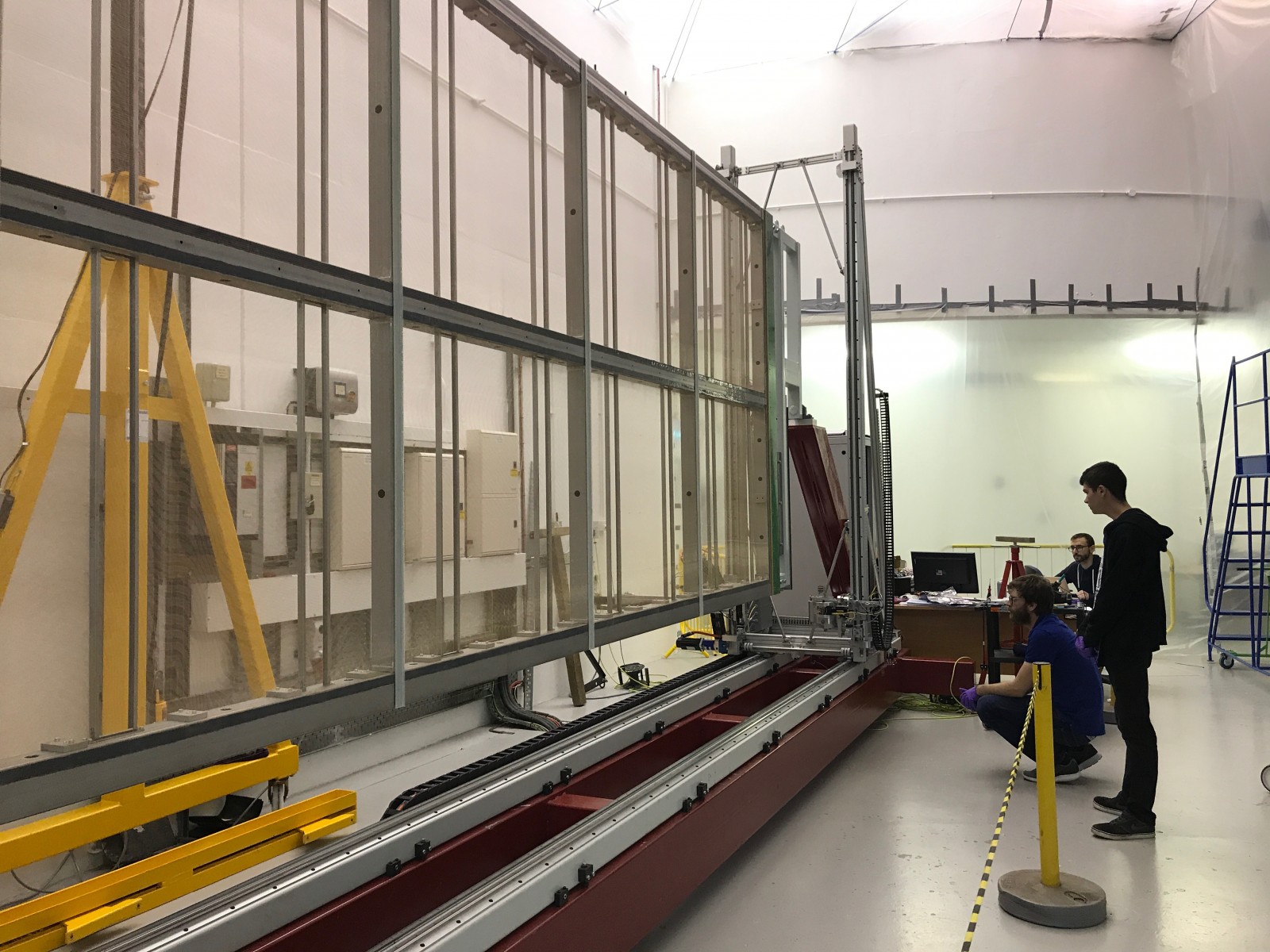University to play key role in £65m science partnership agreement with US
The University of Manchester is playing a leading role in a £65million flagship global science project based in the United States that could change our understanding of the universe.
The Deep Underground Neutrino Experiment (DUNE), based at the Long-Baseline Neutrino Facility (LBNF) in the US State of South Dakota, will study the properties of mysterious particles called neutrinos, which could help explain more about how the universe works and why matter exists at all.
Professor Stefan Söldner-Rembold, Head of the Particle Physics Group at The University of Manchester, is leading an international consortium of universities responsible for the design and construction of core components of the DUNE experiment’s liquid-argon detectors.
The DUNE detector is one of the largest and most ambitious detectors ever built and will sit one mile underground, filled with 40,000 tonne of liquid argon at -184 degree Celsius.
Prof Söldner-Rembold said: ‘This is fantastic news and everyone is extremely excited about this announcement. DUNE will be the next big project in Particle Physics after the Large Hadron Collider at CERN. It will answer fundamental questions about the Universe.
‘It will be able to determine whether neutrinos are responsible for the dominance of matter in the Universe, record neutrinos from supernova explosions and even search for the decay of protons. This really is big science.’
UK Universities and Science Minister Jo Johnson, who signed the agreement with the US Energy Department to invest the £65 Million in the DUNE project in Washington DC, said: ‘Our continued collaboration with the US on science and innovation is beneficial to both of our nations and through this agreement we are sharing expertise to enhance our understanding of many important topics that have the potential to be world changing.

This is fantastic news and everyone is extremely excited about this announcement. DUNE will be the next big project in Particle Physics after the Large Hadron Collider at CERN. It will answer fundamental questions about the Universe.
‘The UK is known as a nation of science and technical progress, with research and development being at the core of our industrial strategy. By working with our key allies, we are maintaining our position as a global leader in research for years to come.’
DUNE will be the first large-scale US-hosted experiment run as a truly international project at the inter-governmental level, with more than 1,000 scientists and engineers from 31 countries building and operating the facility, including many from the UK.
Chief Executive Designate at UK Research and Innovation, Sir Mark Walport said: 'Research and innovation are global endeavours. Agreements like the one signed today by the United Kingdom and the United States set the framework for the great discoveries of the future, whether that be furthering our understanding of neutrinos or improving the accessibility of museum collections.'
The UK research community is already a major contributor to the DUNE collaboration, with 14 UK universities and two STFC laboratories providing essential expertise and components to the experiment and facility. This ranges from the high-power neutrino production target, the readout planes and data acquisitions systems to the reconstruction software.
The DUNE experiment will attract students and young scientists from around the world, helping to foster the next generation of leaders in the field and to maintain the highly skilled scientific workforce worldwide.



